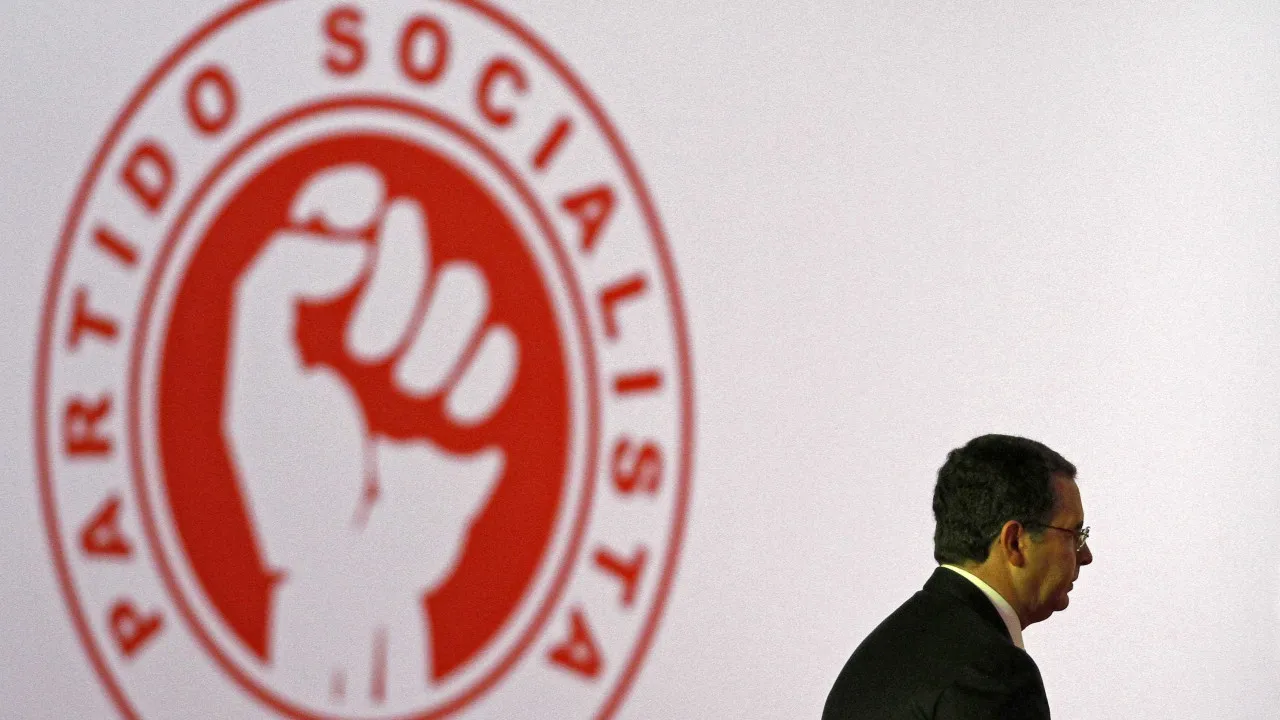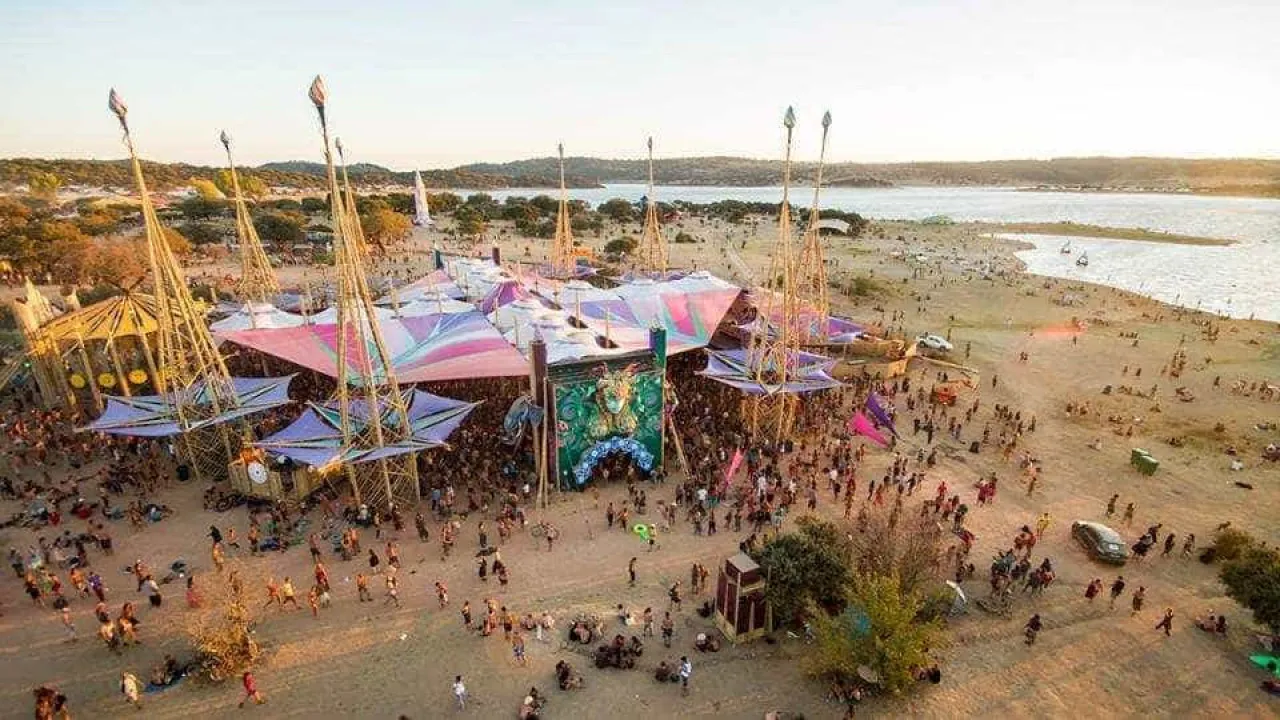
“It is a documentary for non-Roma people, to make them aware of what the community suffered, not for Roma people, as it would generate outrage,” stated Luís Romão, president of the Associação Sílaba Dinâmica, as he addressed the audience during the screening in Torres Vedras.
The documentary, produced by the association from Elvas and titled “500 years of repressive laws,” runs for 20 minutes and tells the story of a Roma family seeking to settle in Portugal in hopes of finding a safe place.
Throughout their journey, they encounter the hostility of expulsion orders, communication barriers between Portuguese and Romani, and the prohibition of wearing their traditional clothing.
The aim was “to erase Roma cultural identity aiming for assimilation,” the narrator concludes in the film, adding that “speaking Romani was a dangerous act that led to punishments” such as severe public whippings, and “even the tongue could be cut out,” warning those intending to preserve their traditions.
To circumvent the law, they spoke in groups, strengthening their bonds and assuming a form of resistance.
The documentary further depicts how these communities were pushed to “the outskirts of cities” where, nevertheless, they managed to survive and preserve some traditions like music.
“Our intention is to realistically recreate the repressive laws to help primarily political decision-makers, technicians, and teachers understand what happened over the last 500 years and how we might reflect on reparative measures for those repressive laws,” Rui Salabanda Garrido, responsible for the association and actor in the film, explained.
One reparative measure we consider very important was the teaching of Romani, as a form of reparation for the prohibition that resulted in people practically not speaking Romani, he challenged, being the only non-Roma in the association.
President Luís Romão emphasized that the association’s goal is to showcase Roma history and culture “in different ways.”
“We work with Aima [Agency for Integration, Migration, and Asylum], applying for funds that allow us to present this documentary on repressive laws nationally, but we’ve also produced a theatrical play,” he exemplified.
In that instance, “História do ciganinho Chico” brought, through a tale, Roma history and culture to children across the country via an animated theater play. In that play, we showed our history and traditions, this is our goal, in different ways, through theater and in this case through the documentary, to reveal the reality of Roma communities,” he added.
The documentary has already been presented in Porto, Figueira da Foz, Portalegre, Borba, Elvas, and Torres Vedras.




